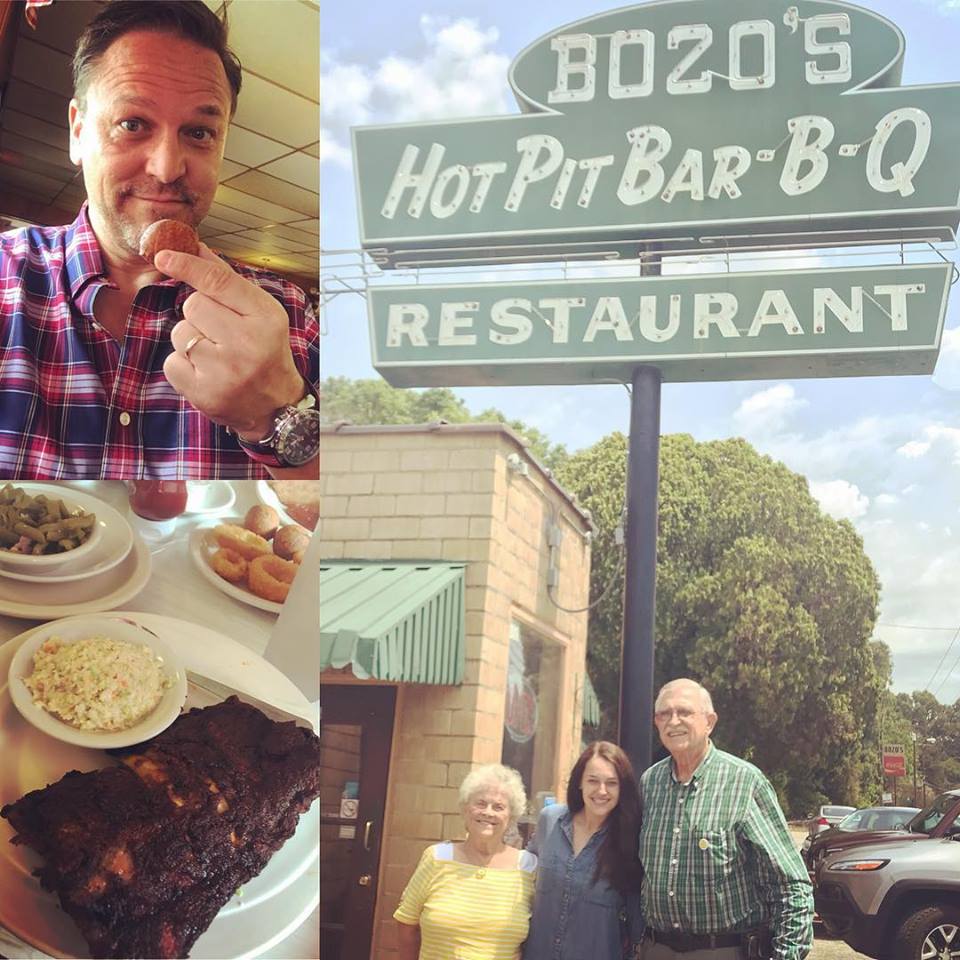
When I was last home, I stopped for a quick meal at Bozo’s Hot Pit Bar-B-Q in Mason, Tennessee.
I’ve frequently eaten at Bozo’s through the years with family, but during this visit, in addition to devouring a half rack of ribs and a pulled pork sandwich, I was curious about the history of the restaurant.
While poking around, I discovered an interesting lawsuit in which Bozo’s restaurant was taken to court by Bozo the Clown. Because I work in the museum, tour and travel and entertainment industries, I love a good trademark infringement battle, so I did a little more research on the case.
Bozo Williams
Thomas Jefferson “Bozo” Williams (1876-1935) was born in Tipton County, Tennessee to James “Jeff” Franklin Williams (1842-1900) and Mary Ann Baucum Williams (1846-1920). No one knows why or when “Bozo” became his nickname, but it stuck with him throughout his life. On Nov. 27, 1895, Bozo married Francis “Fannie” Cotton Richardson (1876-1960).
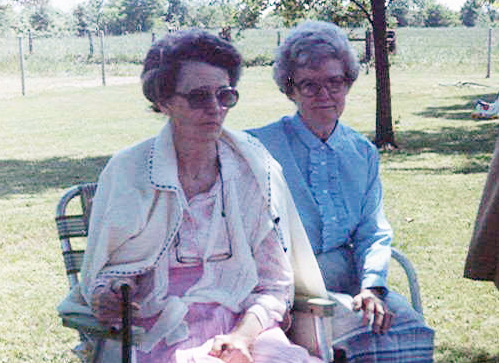
They had 10 children: Eddie, Gerald, Frank, Blanche, T. J., Doris, Iris, Ruby, Helen and Allen.
Bozo opened a small barbecue stand in 1923 in his hometown of Mason, Tennessee about 30 miles north of Memphis. By 1925, part of Highway 70 running from Memphis to Nashville through Mason was completed, so Bozo opened a barbecue restaurant and Shell gas station to take advantage of the potential customers traveling through town.
After his death from pneumonia in 1935, four of his children became co-owners of Bozo’s Hot Pit Bar-B-Q.
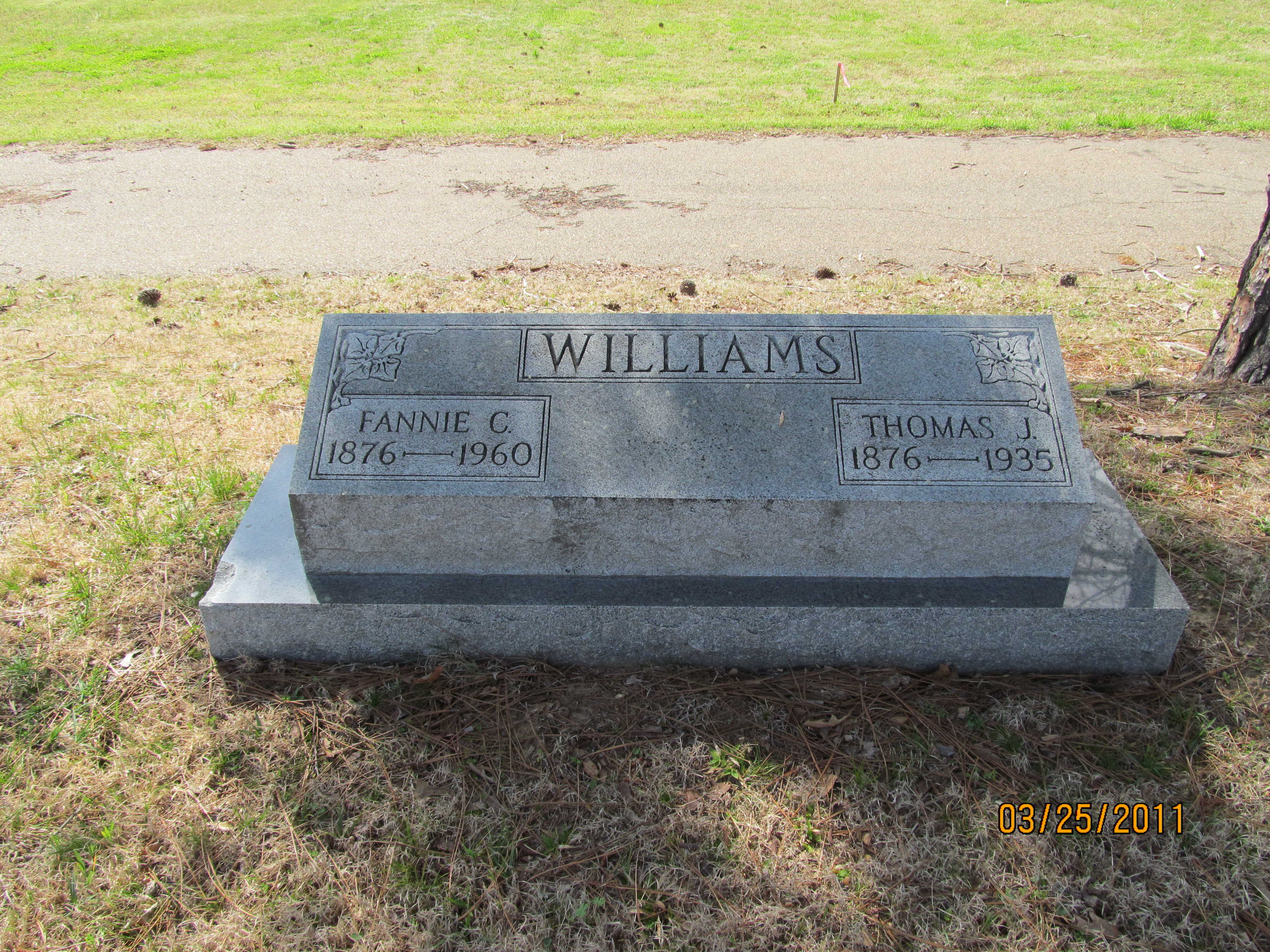
During the next decades, the restaurant developed a reputation as one of the best places in West Tennessee to find good barbecue and there were frequently long waits just to get a seat at a table.
Reese Witherspoon and Joaquin Phoenix in a scene filmed at Bozo’s Hot Pit Bar-B-Q for the 2005 film “Walk the Line.”
In 1982, Bozo Williams’s daughter Helen Williams was considering opening a Bozo’s on Beale Street, so she decided to register a trademark for “Bozo’s” in the category of restaurants.
All went well until she unexpectedly crossed paths with Bozo the Clown and Larry Harmon, who intended to maintain control over the Bozo trademark in every category, including restaurants.
Bozo the Clown
Bozo the Clown was born out of the creative mind of music executive Alan W. Livingston who later secured a spot in music history by signing the Beatles while working as president of Capitol Records.
Livingston came up with the idea of selling a book featuring a clown along with a record of voice actor Pinto Colvig—who was also the voice of Walt Disney’s Goofy—reading the book so kids could follow along. “Bozo at the Circus” sold more than a million copies and the merchandise Capitol Records developed was so popular, the company actually made Bozo the Clown their mascot.
Photos and audio from the original 1946 “Bozo at the Circus.” Pinto Colvig as Bozo, written and produced by Alan Livingston, music by Billy May.
Larry Harmon was one of several actors hired by Livingston and Capitol Records to portray Bozo at promotional appearances. After Livingston left Capitol Records in 1956, Harmon purchased the licensing rights to Bozo the Clown. He capitalized on the popularity of the brand and the need for programming created by the dramatic increase of televisions in American homes by licensing Bozo for television shows in nearly every major U.S. market, as well as in many foreign countries. By the late 1960s, Harmon had more than 180 Bozo the Clowns on television, including Willard Scott who was the Bozo entertaining children in the Washington, D.C. market.
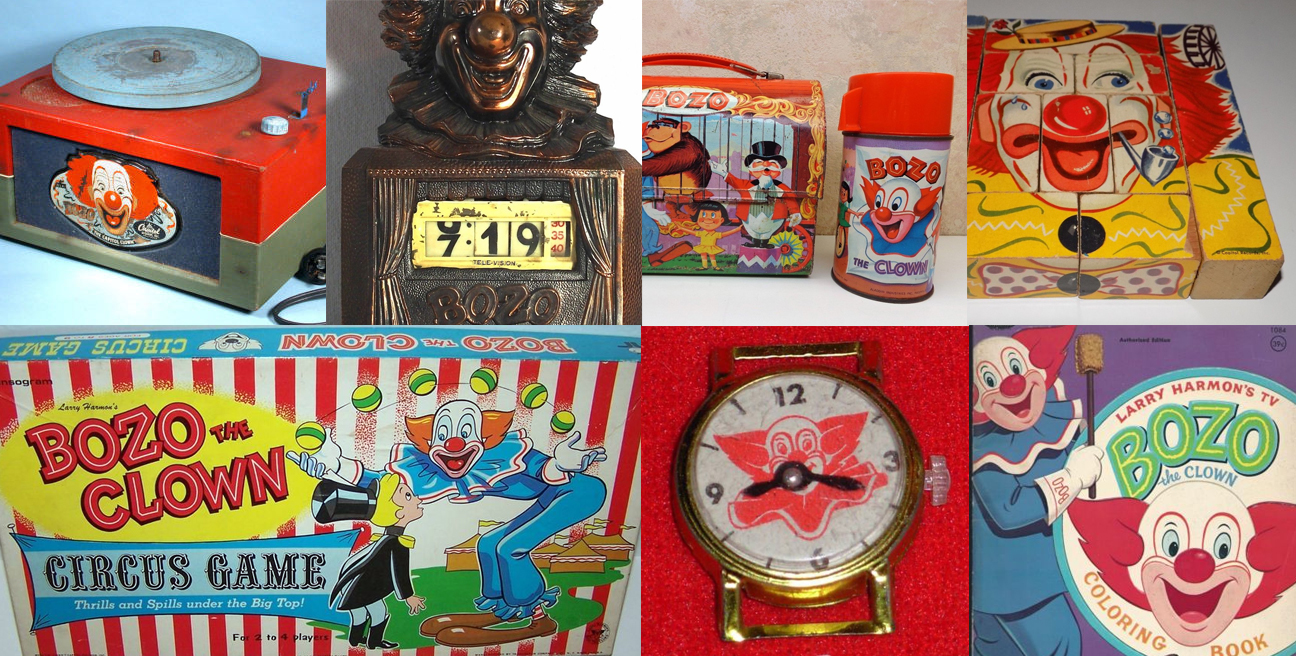
When combined with licensing fees and merchandise sold around the world, Bozo was more of a cash cow than a clown.
I assume Harmon felt pretty confident he would win a trademark battle against Helen Williams of Mason, Tennessee.
He was wrong.
Bozo v. Bozo
After the U.S. Patent and Trademark Office and the U.S. Court of Appeals upheld the decision to grant her request for a trademark of the word “Bozo’s” in the restaurant category, Larry Harmon and his legal team took the case all the way to the U.S. Supreme Court.
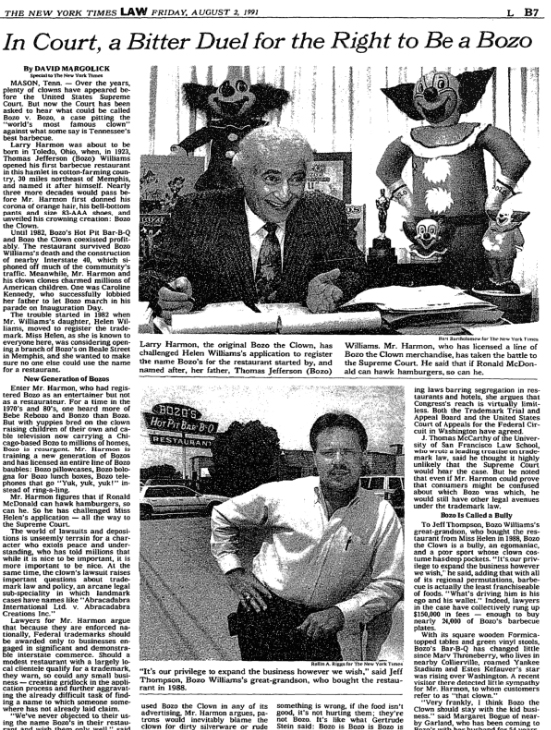
According to a 1991 article about the lawsuit in The New York Times, Lawyers for Larry Harmon argued, “because they are enforced nationally, Federal trademarks should be awarded only to businesses engaged in significant and demonstrable interstate commerce. Should a modest restaurant with a largely local clientele qualify for a trademark, they warn, so could any small business — creating gridlock in the application process and further aggravating the already difficult task of finding a name to which someone somewhere has not already laid claim.”
Fighting for Bozo’s Pit Barbeque was Susan Flohr of Lalos & Keegan in Washington, D.C. and Larry Banks of Brownsville, Tennessee. They argued, “any business that Congress can regulate under the Constitution’s commerce clause is entitled to a trademark. Citing rulings from the civil rights era upholding laws barring segregation in restaurants and hotels,” they argued that “Congress’s reach is virtually limitless.”
Legal language aside, Harman’s lawyers also said in media interviews that few people traveled very far to eat at Bozo’s because “the food is not all that good.”
Those are fightin’ words in West Tennessee.
And the winner is…
In 1991, the Supreme Court was hearing arguments about government-funded abortions, New York’s Son of Sam law and the First Amendment and school desegregation. But the case they did not hear was Bozo v. Bozo.
Without comment, the Supreme Court refused to hear an appeal which finally ended Harmon’s eight-year fight and allowed Bozo’s to have the trademark.
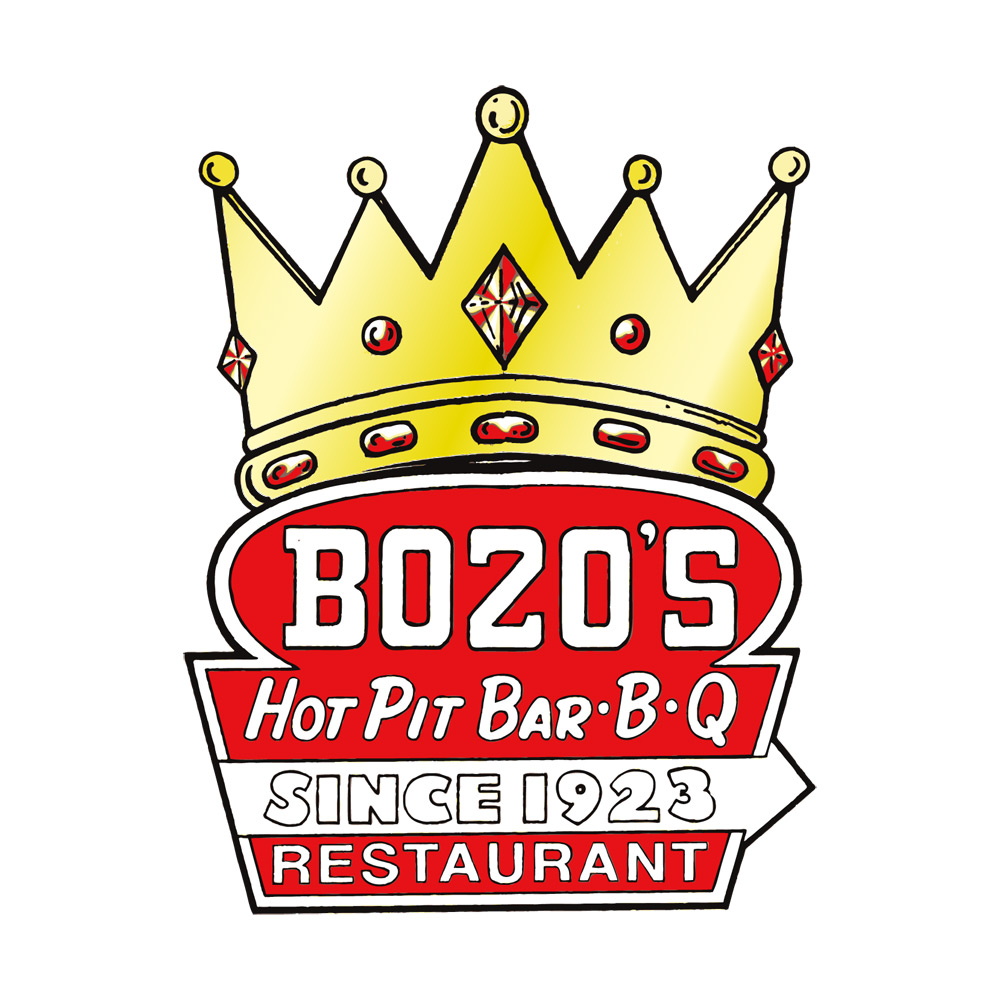
In 1999, West Tennessee-born and raised businessman Isaac Tigrett, co-founder of Hard Rock Cafe and House of Blues, obtained a worldwide exclusive license for use of the Bozo’s trademark, In 2004, Tigrett launched an upscale restaurant concept he described in a press release as the final piece of his “trilogy.” Although it seems no actual restaurants came to be, you can still check out some great photos from the history of Bozo’s on his website.
In 2008, John and Cindy Papageorgeon bought Bozo’s Hot Pit Bar-B-Q and are still serving the same great food the Williams family has been serving for nearly a hundred years.
Today, all the players who brought Bozo the Clown to life are gone, and most kids are more familiar with Ronald McDonald or Krusty the Clown than Bozo. But there’s one place where that name is still popular (and still trademarked). And they serve one heck of a good barbecue sandwich.
You can follow Bozo’s Hot Pit Bar-B-Q on Facebook, find more about my family lines at HaywoodCountyLine.com or read more blog posts about the history of West Tennessee on my blog page.

Curious… what is your family line to Bozo?
None…but both sides ate a lot of barbecue there! 🙂